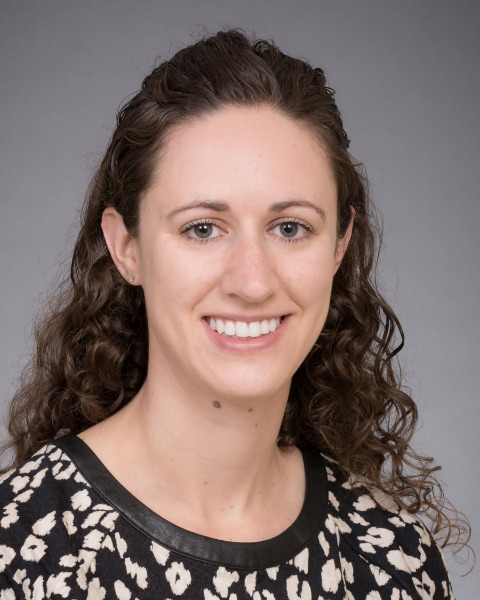Live Workshops
Subspecialty C-L
Prevention, Early Detection, and Treatment of Perinatal Mood and Anxiety Disorders: Innovation Within Inpatient Obstetrics Care

Sarah Nagle-Yang, MD
Associate Professor of Psychiatry
University of Colorado School of Medicine
Denver, Colorado.png)
Priya Gopalan, MD, FACLP (she/her/hers)
Associate Professor of Psychiatry
University of Pittsburgh Medical Center, Western Psychiatric Hospital
Pittsburgh, Pennsylvania
Lindsay Lebin, MD
Assistant Professor
University of Colorado School of Medicine
Denver, Colorado
Allison B. Deutch, MD
Interim Associate Director, Consultation-Liaison Psychiatry Service, Director, Reproductive Consultation-Liaison Psychiatry, NYU Langone Health; Director, WMH Fellowship, NYUGSOM; Clinical Associate Professor, NYUGSOM,
NYU Grossman School of Medicine
New York, New York.jpg)
Bridget King, MD
Instructor of Psychiatry
Columbia University Irving Medical Center
New York, New York
Lead Speaker(s)
Speaker(s)
Background Perinatal mood and anxiety disorders (PMADs) are the most common complications of pregnancy, have well-established enduring negative effects on the health of the mother and baby, and increase risk for maternal substance use disorders and suicide. PMADs disproportionally affect women within groups that have been historically marginalized, including Black women, American Indian/Alaska Native women and women with less education and income; these same groups face more barriers in accessing mental health care. In 2019 the United States Preventative Services Task Force recommended that obstetric clinicians go beyond screening for PMADs to identifying those at risk and providing or referring for counseling interventions. Four years after this recommendation, a dearth of guidance on best practices for identifying risk for PMADs in obstetrical settings precludes large-scale implementation of preventive screening. Approach This presentation will discuss how four innovative programs have approached identifying patients at risk for PMADs or implemented prevention-focused services within inpatient obstetric settings. We will discuss how standardized risk and symptom screening may reduce unintentional bias and how innovative care models can decrease barriers for perinatal persons, particularly those in BIPOC or under-resourced communities. Audience members will be invited to contribute to the discussion via interactive polling, brainstorming sessions, and small group discussions on potential for application in their own practice. While the presentation content will focus on women’s health settings, the primary discussion topics will have broad generalizability for CL psychiatrists across subspecialty settings when considering proactive subspecialty consultation. Format 10 min: Dr. Nagle-Yang will provide background on the overall burden of PMADs, current guidelines regarding risk factor and symptom screening and highlight critical health disparities in perinatal mental health care. 15 min: Dr. Gopalan will describe the use of telehealth to implement a proactive risk factor-based CL model within a rural obstetric unit while eliciting audience discussion on growing systems-based challenges in rural mental health. 15 min: Dr. Lebin will discuss a proactive CL model within obstetric inpatient units in a large academic medical setting, highlighting program workflow, challenges and successes in implementation, and descriptive data on patients served. 15 min: Dr. Deutch will review the available literature on the outpatient screening of pregnant and postpartum patients and discuss the implementation of a proactive consultative model within a large, academic, ambulatory care obstetrics practice. 15 min: Dr. King and Dr. Eastin will discuss an embedded multidisciplinary CL model aimed to address and prevent the development of PMADs. She will highlight the obstetric inpatient setting as an important window of opportunity for proactive identification and intervention of those most at risk. 15 min: Small group discussion with sample questions followed by large group discussion 5 min: Dr. Nagle-Yang will provide concluding remarks and wrap up.
Conclusions: Expertise in medical systems as well as prevention and treatment of mental health disorders position CL psychiatrists to be leaders in innovations aimed at improving the mental health and wellbeing of patients who are accessing inpatient obstetric care and reducing disparities in healthcare. Learning Objectives:

